Tracy Nnanwubar relocated to Canada with her children two years ago. She describes her experience as a cultural melange where she finds herself in a mix between two cultures. Tracy started as a Communication Coordinator for the Graduate Students Association at Trinity Western University, where she rose to become Adjunct Faculty, teaching Academic Writing at the School of Education. Being the only black professor at the School of Education, she didn’t understand how isolation from people of her race had impacted her until she attended a conference for immigrant women where 90% of the women looked like her. Teaching a predominantly-white student populace has also impacted her accent, making her roll her r’s more than she normally would. She finds that every day, she is becoming more de-Africanized without neatly fitting into the Canadian way of life. Tracy tells her full story here:
Relocating to Canada is one of the hardest things I have done. I was under the illusion that things would naturally sort themselves out when I arrived in Canada. I was wrong. So, while I focused on making money and creating a comfortable life for me and my kids, I realized that the culture and people differ from what we were accustomed to in Nigeria. It was a process of learning, unlearning, and relearning, which I found quite exhausting. Again, I missed my support system in Nigeria. I have gone from living with my live-in nanny, a cook, hairstylist, home tutor, and on-call driver in Nigeria, to living alone and handling all the chores myself. Spending $25 per hour for a babysitter in the Fraser Valley was quite expensive, so I had to find ways to manage until my children could stay home themselves. I was lucky not to have worked in any of the low-level transition jobs, however adapting to the sociocultural life in Canada was difficult, and this is one peculiar aspect that makes migration difficult for most people.
Most migrants focus solely on preparing financially for their migration journey. Aside from finances, we need to prepare emotionally and mentally for the arduous task of migrating to another culture and making a new home in a land other than ours. Unlike the Nigerian culture, Canadian culture is individualistic and autonomous and quite devoid of the themes of kinship and affinity that we are used to in Nigeria. Again, coming from a job as the Assistant General Manager at Terra Kulture to lecturing at a Canadian university; it is overwhelming when you have faculty meetings, and your features make you stand out because you are different from the rest. It was initially discomfiting and created a sense of nostalgia, making me desire more colour in the room. Thus, I have become an Afropolitan woman; where I find myself speaking in a near-Canadian accent, and thinking to myself that my cultural identity is slipping away. Despite not fully being Canadian, I find that I am in the middle of this cultural melange … this ‘glocal’ space where I am neither here nor there.
If I were to migrate to Canada again, I would not only focus on preparing myself financially; I would prepare myself emotionally and mentally. I would have researched the weather and how it affects people’s moods, health, and bodies. During winter, the sun rises at 8:47 am and sets at 3:47 pm in Vancouver, so we go to work in the dark and return in the dark. I would have investigated the culture better. Unlike back home, there is no communal sense of living here; someone can live in your basement for five years, and you won’t know who they are because Canadians have a powerful sense of autonomy. Nobody talks about how these cultural nuances can affect your emotional and mental health. Again, I would not have been too focused on choosing a home based on my schooling and career; I chose the Metro Vancouver region because the university I work at was among the three universities in Canada that offered a pathway to a PhD program in the specific field of linguistics where I wanted to thrive. Looking back, I would have specialized in something close to this that would have created a similar pathway. I would have based my decision of where to live based on our ability to adapt faster and integrate better into the community. The director of my post-graduate program was the only face I knew upon disembarking the plane. Now, I look back and am awed at the courage and guts it took to leave the known for the unknown. Little things like buying the jacket that suits our winter storm took about four attempts until I stopped someone to ask for advice about the appropriate winter jacket to buy. I had to take extra care of my and my children’s hair because the weather here is super harsh on African hair. It would have been much easier for me if I relocated to a part of Canada where I had family and friends. They would have provided some soft landing and emotional support during the transition.
I advise women of colour who are relocating to Canada to prepare financially, but more so, to prepare emotionally and mentally. Secondly, before relocating, research to find out where family and friends are, and go to such cities, first. As a new migrant, you need a support system to stand firm, after which you can move to any other part of Canada, as you deem fit. Also, new migrants should leverage community resources for children. Enrolling them in sports and extracurricular activities will help them adjust and stabilize better. Funding was available for my children’s activities, and this greatly helped my children. As a single mom who has migrated to Canada with children, it was quite tasking at first, but with lots of grants and social aid, some of which are targeted at migrant children and BIPOC families, we were able to weather the storm and overcome the worst of it.
In retrospect, I am grateful for this journey and the opportunity to advance further in life. I hope my story inspires someone looking to make Canada their home and helps them leverage the lessons I have learned.
Tracy tells her story from Vancouver, British Columbia.



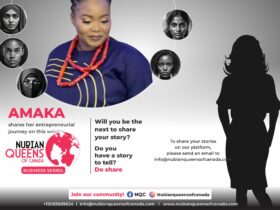

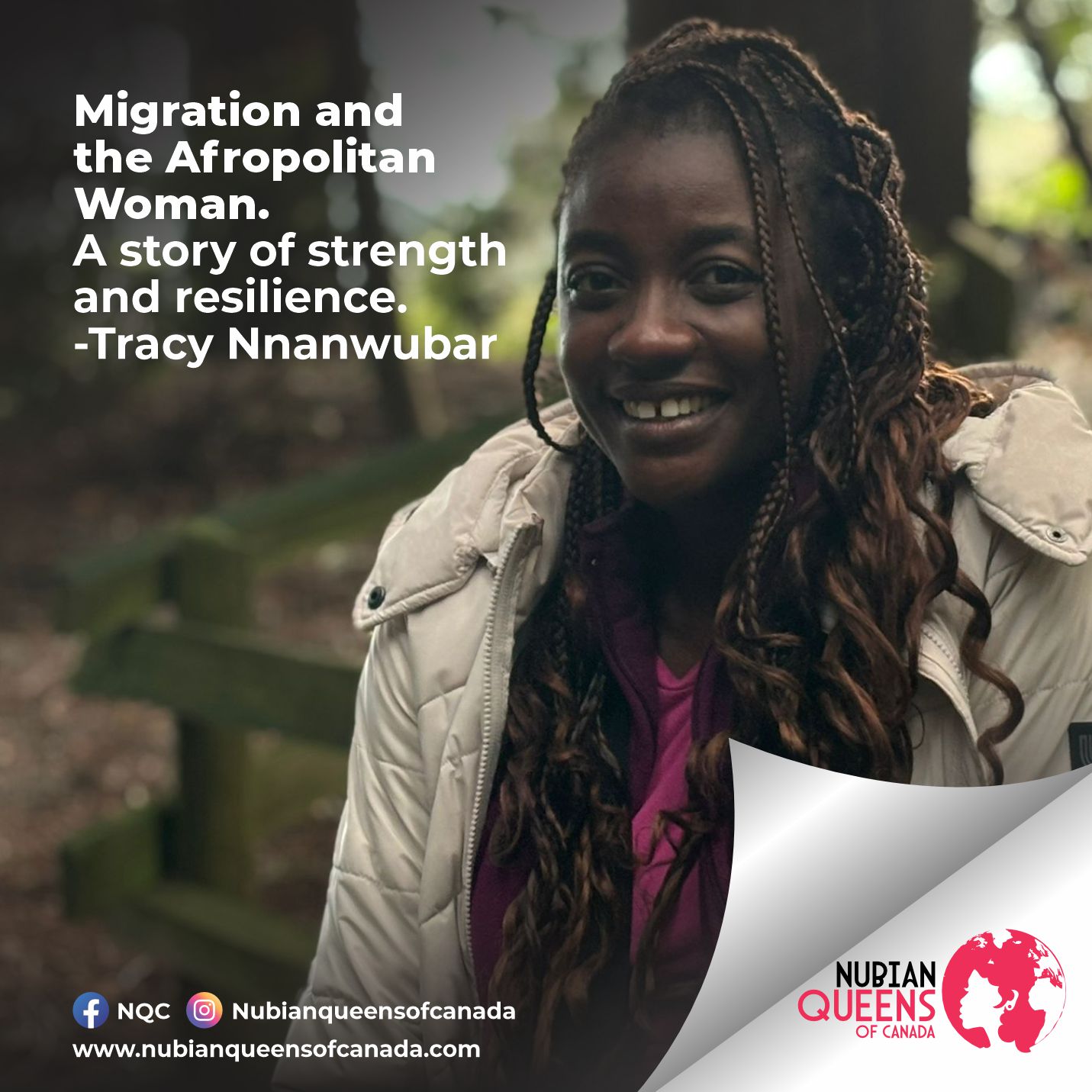


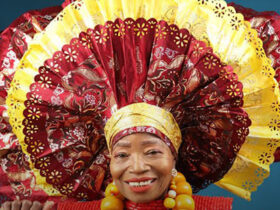

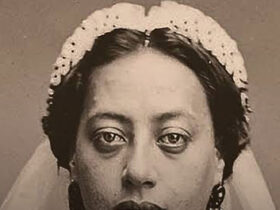



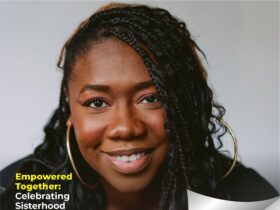

Well written